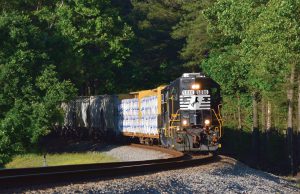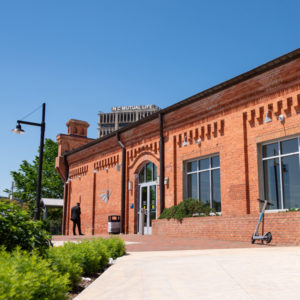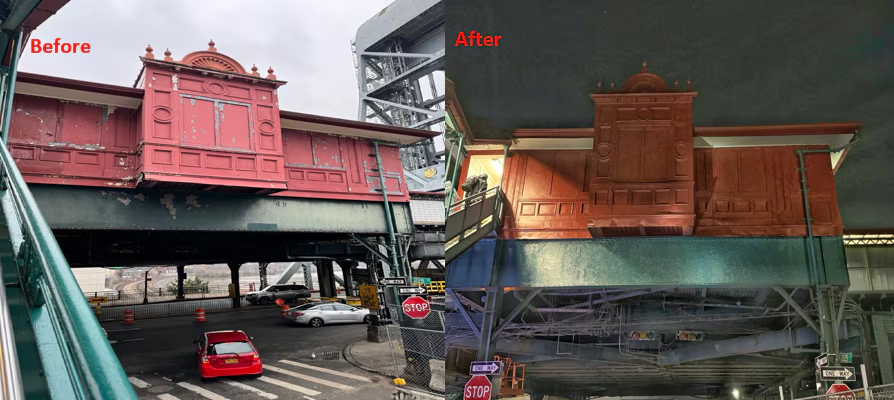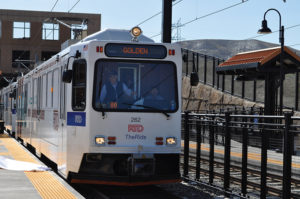SEPTA, LACMTA Boards approve FY12 budgets
Written by jroodThe Southeastern Pennsylvania Transportation Authority and the Los Angeles County Metropolitan Transportation Authority Boards have both approved operating and capital budgets for Fiscal Year 2012, which begins July 1, 2011 SEPTA The SEPTA budget does not increase fares and maintains current service levels. The budget vote was taken during the SEPTA Board's regular monthly meeting on May 26, 2011. The budgets reflect SEPTA's ongoing commitment to control costs and increase efficiencies, while improving customer service and modernizing an aging infrastructure. The $1.22 billion operating budget represents an increase of about 3.5 percent over FY 11. For the second straight year, SEPTA expects to defer dozens of improvement projects that are vital to the short and long-term health of the transit system. The $311 million capital budget represents a 25 percent reduction compared to funding levels of two years ago, leaving just enough to cover expenses such as debt service, new buses and paratransit vehicles, equipment overhauls and mandates such as Regional Rail signal system upgrades. LACMTA The LACMTA $4.145 billion operating budget will keep fares at current levels, however, the Board approved lowering the cost of the Metro day pass from $6 down to $5 for a one year test starting August 1 to help attract commuters and others squeezed by rising gas prices. For the third year in a row, the budget assumes no wage increase for employees. However, LACMTA is negotiating new contracts with its major labor unions representing operators, maintenance employees and clerks. The FY 12 capital budget is $247 million or 6.3 percent more than the current $3.898 billion budget. Of the budget, 60 percent will be spent on enhancing the bus and rail system, including tackling deferred maintenance that, in past years, helped plug spiraling operating deficits. LACMTA also will be purchasing hundreds of light rail vehicles. Another 35 percent of the budget will deliver the rail and highway capital program, which will create more than 500,000 jobs. Trains on the new Expo light rail line to Culver City are being tested, and the second phase of Expo to Santa Monica is about to break ground. Construction of the Foothill Extension of the Metro Gold Line to Azusa is in the construction phase. Within a year, construction should begin for the Crenshaw/LAX light rail line with other rail projects in the immediate queue.





